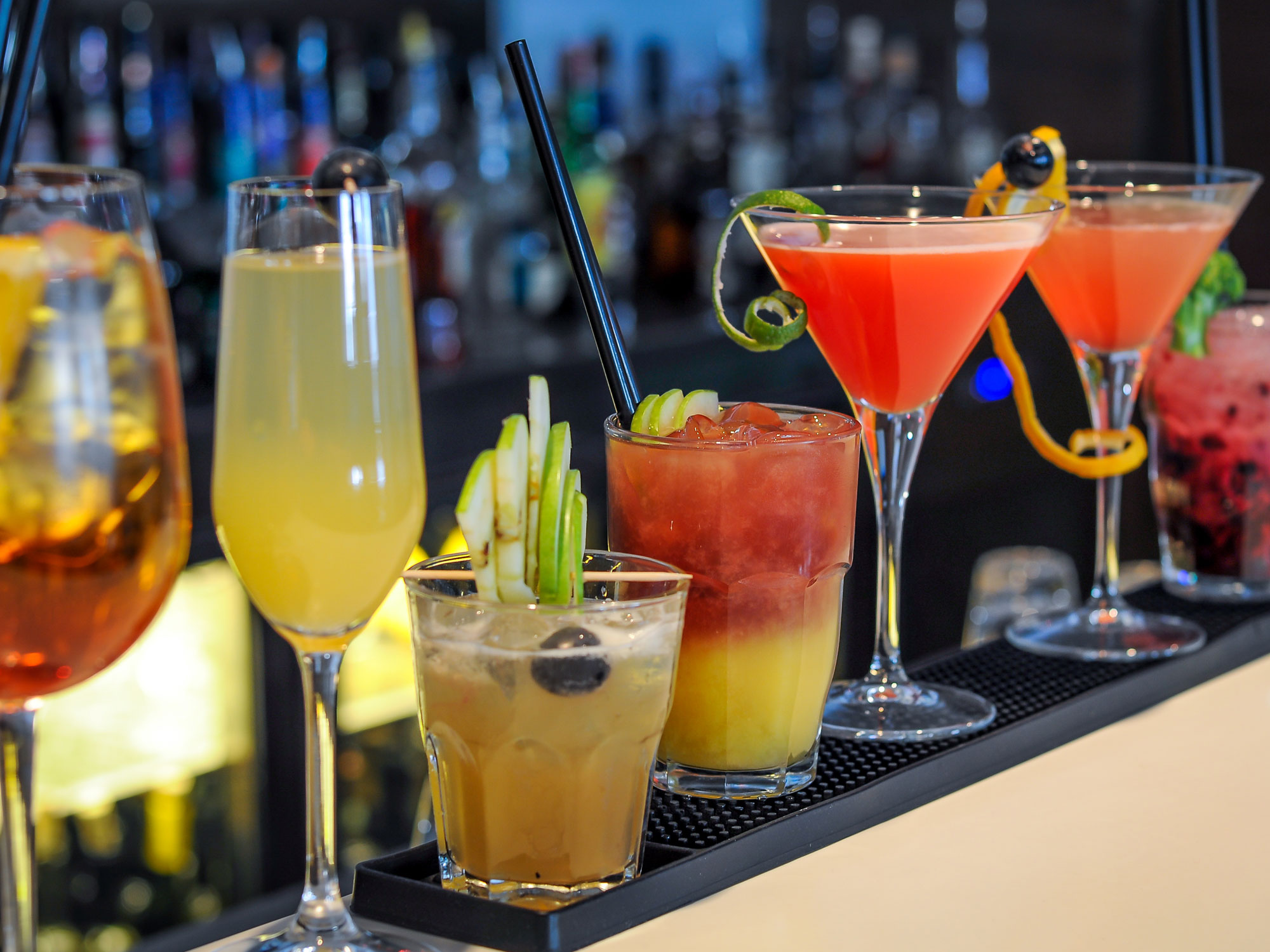Get Easy Health Digest™ in your inbox and don’t miss a thing when you subscribe today. Plus, get the free bonus report, Mother Nature’s Tips, Tricks and Remedies for Cholesterol, Blood Pressure & Blood Sugar as my way of saying welcome to the community!
Why alcohol is cancer in a cup

A couple of years ago, scientists made a bold claim about alcohol based on 10 years of research…
They said that, without a doubt, alcohol causes cancer.
More specifically, they said that drinking alcohol causes (at least) seven types of cancer: oropharynx, larynx, esophagus, liver, colon, rectum and breast cancer.
This announcement was a big deal because alcohol had never been blamed so blatantly for the cancer epidemic before. Sure, we knew there was some connection between drinking and cancer risk. But knowing for sure that your favorite drink is a carcinogen, casts those nightly cocktails in a whole new light.
What these researchers didn’t dive into, however, is why alcohol causes cancer. Luckily, researchers in the U.K. just published another study that lets you know exactly why you should dump that bottle of gin down the drain…
Alcohol, DNA damage and cancer
Researchers from the MRC Laboratory of Molecular Biology in Cambridge recently found that alcohol causes permanent genetic damage.
In their study, these researchers gave mice a diluted form of alcohol called ethanol. They then performed chromosome analysis and DNA sequencing to examine the alcohol’s effect on these mice.
Now, when mice (or humans) drink alcohol, their bodies produce a harmful chemical called acetaldehyde to process the alcohol. In this study, the acetaldehyde mice produced damaged the DNA in their blood stem cells. When researchers examined these cells, they found that acetaldehyde had rearranged the chromosomes in these cells and permanently changed their DNA sequence.
Yikes! That sounds pretty serious. But why does it cause cancer?
Well, researchers say damaged stem cells can easily turn into cancer.
“Some cancers develop due to DNA damage in stem cells. While some damage occurs by chance, our findings suggest that drinking alcohol can increase the risk of this damage,” said Professor Ketan Patel, lead author of the study and scientist at the MRC Laboratory of Molecular Biology.
Researchers also found out that some mice (and people) are more at risk for genetic damage from drinking alcohol. In the study, mice who didn’t have enough of an enzyme called ALDH2 ended up with four times as much DNA damage as mice who did have enough of this enzyme. That’s because this enzyme helps break down acetaldehyde.
According to researchers, some people don’t make enough of this enzyme either, especially people of South East Asian heritage. When people without enough of this enzyme drink, acetaldehyde accumulates making them feel flushed and ill.
How to cut out the cocktails
So there you have it — an even clearer picture of why drinking puts you at risk for cancer. And a great reason to quit drinking… or at least cut back.
If you do want to quit or cut back on cocktails, mindfulness techniques may be able to help you reduce the urge for alcohol seamlessly. A 2017 study found that heavy drinkers who participated in one 11-minute session of mindfulness training drank 9.3 fewer units of alcohol (about three pints of beer) the following week.
If you want to give mindfulness a try, start by being aware of your urge to drink and recognize that you don’t have to give in to that urge. If you wait the urge out, eventually it will go away. The same is true of cravings for unhealthy food. You just have to accept that the urge is there, but not act on it. Here is a helpful video on using mindfulness to overcome cravings.
You can also try replacing cocktails with a healthier option like kombucha, tea, coffee, vegetable juice, pomegranate juice or something else that satisfies your taste buds without the added cancer risk.
Editor’s note: Discover how to live a cancer prevention lifestyle — using foods, vitamins, minerals and herbs — as well as little-known therapies allowed in other countries but denied to you by American mainstream medicine. Click here to discover Surviving Cancer! A Comprehensive Guide to Understanding the Causes, Treatments and Big Business Behind Medicine’s Most Frightening Diagnosis!
Sources:
- New research shows how alcohol damages DNA and increases cancer risk — MedicalXpress. Retrieved January 5, 2017.
- I. Garaycoechea, et al. “Alcohol and endogenous aldehydes damage chromosomes and mutate stem cells.” — Nature, 2018.












